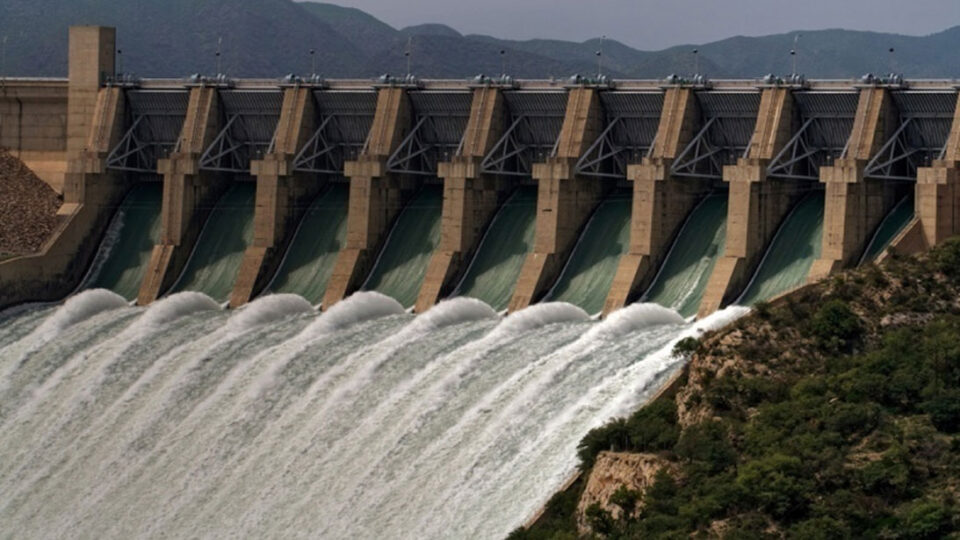IMF Rejects Pakistan’s Plan for 1% Water Cess to Fund Mega Dams
The International Monetary Fund (IMF) has rejected Pakistan’s proposal to introduce a 1% water storage cess on all taxable goods to finance large-scale dam projects, including Diamer-Bhasha, Mohmand, and the proposed Chenab dam.
🛑 IMF Opposes New Cess, Suggests Increasing Sales Tax Instead
The IMF advised the government to reallocate existing development funds or consider raising the standard 18% General Sales Tax (GST) if additional financing is needed. The Fund expressed concerns over:
-
Legal and governance issues
-
Reduced fiscal transparency
-
The proposal to assign revenue control to WAPDA, the water and power utility, which IMF found problematic
According to The Express Tribune, the IMF emphasized that any new development funding should come from within the existing Rs. 1 trillion Public Sector Development Program (PSDP) envelope or through broader tax reform.
💸 Funding Gap for Dam Projects Widens
Pakistan’s top water infrastructure projects are facing significant budget shortfalls:
| Project | Approved Cost (Rs.) | Revised/Required | Allocated (FY2025-26) | Shortfall |
|---|---|---|---|---|
| Diamer-Bhasha Dam | 479 billion | 1.1+ trillion | 25 billion | 365+ billion |
| Mohmand Dam | 310 billion | 483 billion | 35.7 billion | 173+ billion |
| Proposed Chenab Dam | – | 220 billion | – | 220 billion |
Combined, these three key projects need Rs. 1.35 trillion in additional funding beyond current allocations.
🔁 Alternative Funding Under Consideration: GIDC Redirection
Instead of introducing new taxes, the government is exploring the option to amend the Gas Infrastructure Development Cess (GIDC) law, which could unlock over Rs. 400 billion in unspent collections. These funds could be redirected to support dam construction without burdening taxpayers further.
📌 Conclusion
As climate change intensifies and water storage becomes increasingly urgent, Pakistan’s infrastructure goals face fiscal roadblocks. The IMF’s rejection of the water cess proposal reflects ongoing concerns about revenue governance, while shifting pressure back on the government to find credible and transparent funding alternatives.

